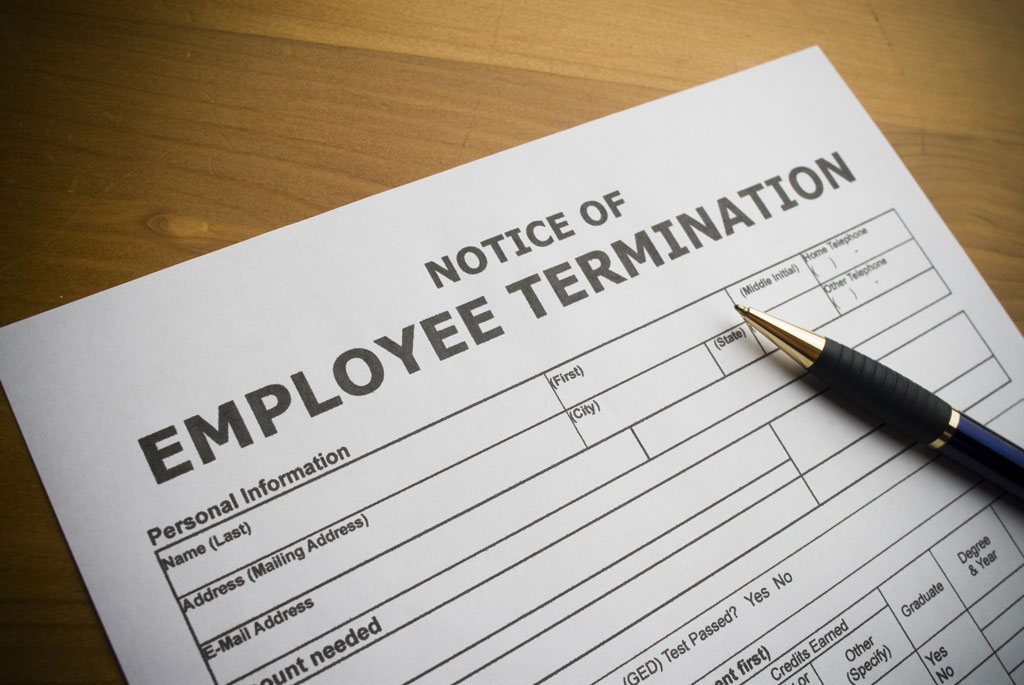
When can disciplinary procedures be instigated & what process applies? Shane Crawford reports
It is regularly assumed that if a disciplinary process exists, by virtue of a reference within the contract of employment, then an employer is entitled to implement it, if acting in good faith without rebuke.
Two recent cases have highlighted the importance of asking two basic questions before the commencement of a disciplinary process:
- What disciplinary process is applicable according to the contract of employment?
- When is it appropriate to implement the disciplinary procedure?
Davies v London Borough of Haringey [2014] EWCH 3393 (QB) emphasised the importance of close scrutiny of the contract of employment to determine which disciplinary process had effect and therefore, who had the power to suspend.
Mian v Coventry University [2014] EWCA Civ 1275 revisited the test for an employer’s decision to commence disciplinary proceedings.
Determining who has the power to discipline an employee
The High Court in Davies v London Borough of Haringey was faced with a challenge by a teacher to the









